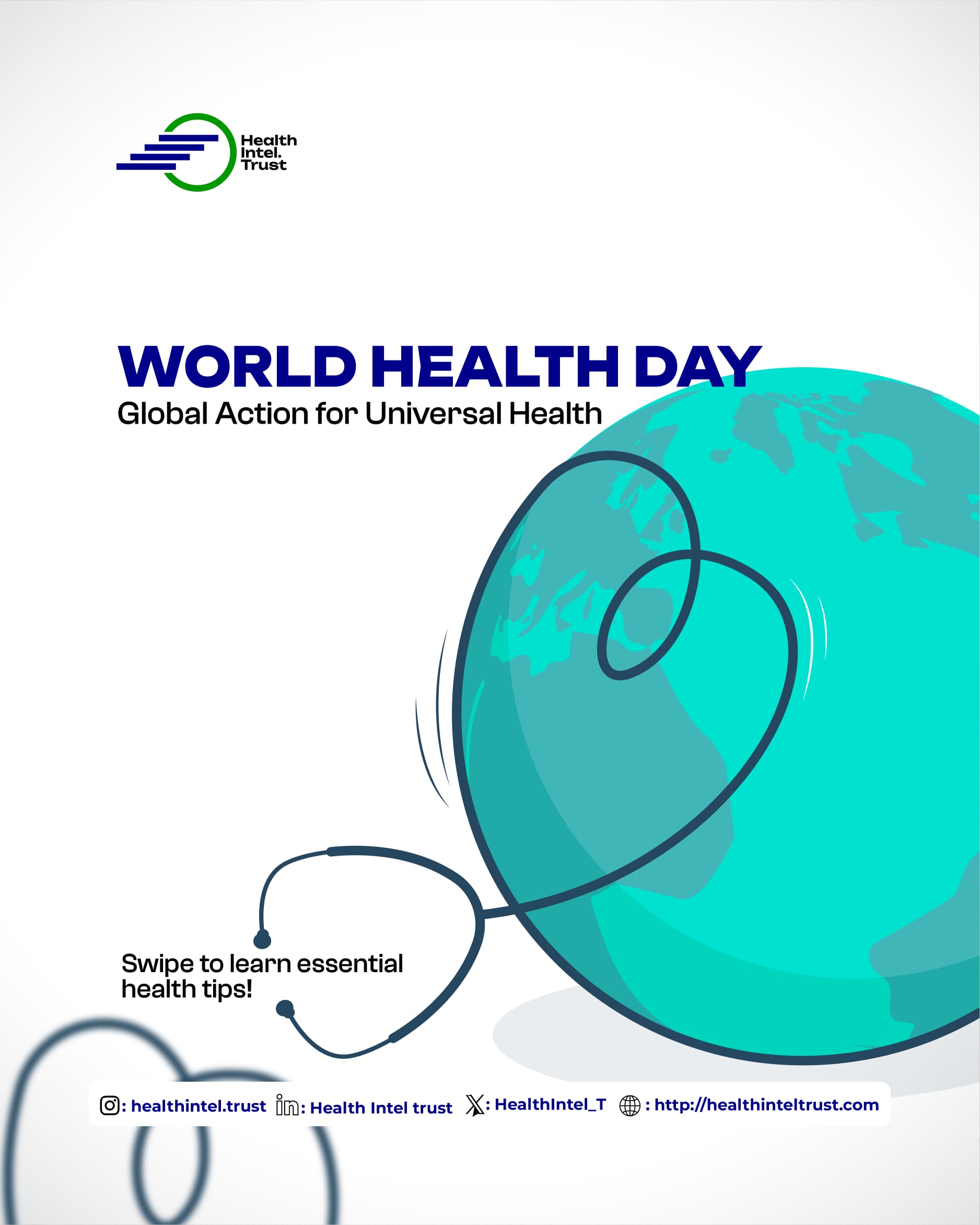
Every year, World Health Day reminds us of the global health challenges we face, but 2025 marks something even more critical: a year-long campaign focusing on maternal and newborn health under the theme “Healthy Beginnings, Hopeful Future.” This isn’t just about the health of mothers and babies today; it’s about ensuring that every woman and child in Nigeria gets the opportunity for a healthy, thriving future. The need for action has never been greater in a country with disturbingly high maternal and newborn death rates.
Let’s face it: Nigeria’s maternal mortality rate is nothing short of an emergency. In 2023 alone, the federal government stated that over 57,000 Nigerian women died during pregnancy and childbirth. That’s around 156 women every day. But these aren’t just numbers; these are real mothers, daughters, sisters, and wives—victims of preventable causes that, with the right intervention, could be avoided.
The figures are even more staggering when you look at the regional disparities in maternal and newborn health across Nigeria. According to the joint annual review reports on antenatal care visits in 2023, while Lagos and Anambra are leading the charge with impressive 95% and 92% antenatal care coverage, states like Kebbi and Zamfara are stuck at 14% and 22%, respectively. It’s clear—some areas are thriving, while others are left behind. These statistics reveal that access to basic healthcare is often determined by where you live, and that’s something we need to change.
Take note, it’s not just about maternal deaths but our newborns are also at risk. Immediate, quality care at birth is vital for saving lives, but far too many newborns are denied this opportunity simply because they are delivered in places without adequate healthcare facilities or skilled attendants.
So, why are we still dealing with such high rates of maternal and neonatal mortality? It’s a combination of issues, some of which are deep-rooted in our healthcare system. Too many births continue to take place at home with untrained birth attendants, putting mothers and babies vulnerable to complications. When complications arise, many mothers can’t access timely, life-saving care due to financial constraints, poor infrastructure, or simply being too far from a healthcare facility.
Fortunately, the Nigerian government isn’t sitting idly by. Initiatives like the Safe Motherhood Strategy and Decentralised Facility Financing aim to tackle these challenges head-on. These programs are designed to provide better funding to health centres, improve access to skilled birth attendants, and ultimately reduce maternal and neonatal deaths, but the government can’t do it alone.
It’s not enough to wait for the government or international bodies to make all the changes. As young Nigerians, we have a pivotal role to play. We can make an impact by educating our communities about the importance of antenatal care, recognizing danger signs during pregnancy; Advocating for better healthcare by voicing our concerns on social media, writing to lawmakers, or supporting organizations working to improve maternal health; Supporting local healthcare providers by donating resources, volunteering, or even simply spreading the word about local initiatives that are making a difference.
As we enter this year-long campaign for maternal and newborn health, let’s not just see it as another global event to mark on the calendar. This is a chance for us to truly make a difference. Nigeria’s maternal and newborn health crisis is solvable, but it requires all hands on deck.
Let’s stand together for better health policies, better healthcare infrastructure, and better opportunities for our women and children. The time for action is now. Every mother and every child deserves the right to a healthy beginning and a hopeful future. Let’s make sure they get it.
Take action now. Be part of the change.
